Fanfaronade
 You wouldn’t think one word I wrote in my debut novel, Annie’s Story, Book 1 of The Voyagers Trilogy, would cause a discussion between two mature men, would you?
You wouldn’t think one word I wrote in my debut novel, Annie’s Story, Book 1 of The Voyagers Trilogy, would cause a discussion between two mature men, would you?
It was six months before my husband James actually asked to read my debut novel, Annie’s Story, published in April. I was quite surprised as I know it’s not his type of book, being a historical saga, though I couldn’t help being a little hurt that he hadn’t read it by now.
His oldest and best friend had already read it and told me how much he’d enjoyed it, but at that point I’d had no feedback whatsoever from James who was nearing the end of the novel (according to the bookmark!). One evening the phone rang and James took it in the study. Without meaning to (honest!), I heard this one-sided conversation from my husband.
‘Yes, I’m enjoying it, too.’
(I took advantage of the pause to savour the compliment, giving a little smile of satisfaction)
‘Don’t know how they do it…all those murky secrets…then bringing it all together. Bloody marvellous.’
(pause – this was getting even better)
‘I know she did loads of research for the history and everything.’
(pause)
‘Yes, she even went to Australia to see where had Annie emigrated to.’
(long pause)
‘I know exactly what word you’re talking about.’
At that point I knew they were discussing the word ‘fanfaronade’. I couldn’t believe they were about to give an opinion on one word in the 125,000 words of the novel.
‘No, I agree with you. I don’t think writers should use words in their books they wouldn’t normally say.’
(pause)
‘It’s so pretentious.’
(pause)
‘Yes. It means boastful and arrogant.’
James’s vocabulary is heaps better than mine but he’d had to look that one up as he was using the same two words I’d found in the dictionary to describe ‘fanfaronade’. I took a small delight in this.
I was now so cross I didn’t bother to eavesdrop anymore. But it got me thinking. Even my own lovely critique writing partner whom I trust implicitly advised me not to use it. She felt it shouted out ‘look at me…aren’t I clever?’ And in all fairness to her, I’ve read plenty of articles warning you that if you can use a more simple word than an uncommon or long, difficult-to-pronounce one, you should.
But how do you ever learn and add to your vocabulary if you never see a word you’re not familiar with? While I don’t want to look up every twenty words in the dictionary when I’m reading, I enjoy discovering new words. And frankly, in historical writing you can’t help writing words you wouldn’t normally use in everyday language. Apparently, we only speak a fraction of our vocabulary anyway.
 I admit I hesitated as to whether I should keep ‘fanfaronade’ or not. And yes, I admit I consulted the thesaurus (we writers are often warned not to do this, as the word we choose can strike the reader as artificial), because I wanted a word that wasn’t so bald as ‘arrogant’ or ‘boastful’, and yet conveyed that meaning. When I discovered ‘fanfaronade’ it struck me as being a little old-fashioned sounding, which I felt quite suited the tone and style of the 1920s where this particular scene takes place.
I admit I hesitated as to whether I should keep ‘fanfaronade’ or not. And yes, I admit I consulted the thesaurus (we writers are often warned not to do this, as the word we choose can strike the reader as artificial), because I wanted a word that wasn’t so bald as ‘arrogant’ or ‘boastful’, and yet conveyed that meaning. When I discovered ‘fanfaronade’ it struck me as being a little old-fashioned sounding, which I felt quite suited the tone and style of the 1920s where this particular scene takes place.
And what did my husband think of Annie’s Story? He kept me waiting until he finished it before making any comment, and then with the straightest face said it was a roller-coaster ride of emotion. We burst out laughing. And then he said he’d really enjoyed it.
High praise indeed.
And he didn’t mention that word.
Which was rather a pity, as I was ready for him…
—
Denise is the author of Seller Beware: How Not To Sell Your Business
pub. by Biteback Publishing and Annie’s Story, Book 1 of
The Voyagers trilogy pub. by SilverWood Books.
Find out more about Denise on her Website www.denisebarneswriter.com
Follow her on Twitter: @denisebarnesuk
Category: Contemporary Women Writers, On Writing, Women Writers
Comments (7)
Trackback URL | Comments RSS Feed
Sites That Link to this Post
- Fanfaronade | WordHarbour | January 2, 2016






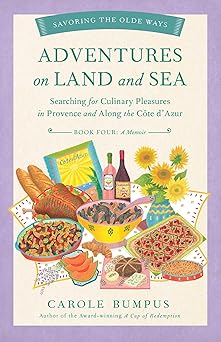
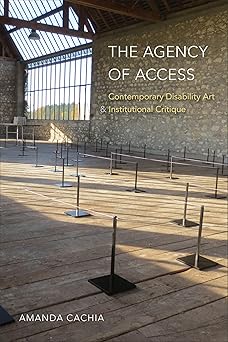
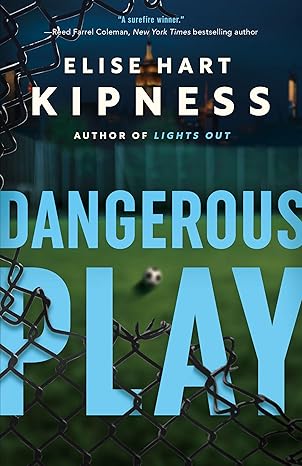
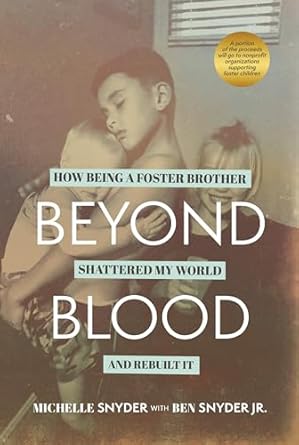
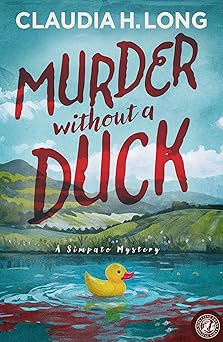
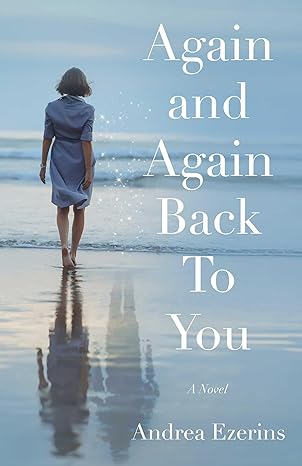

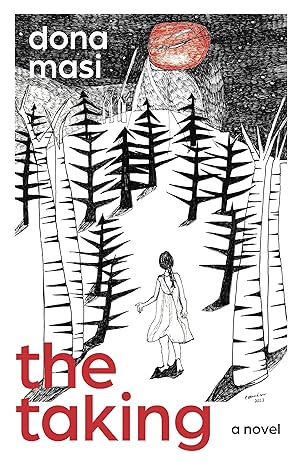

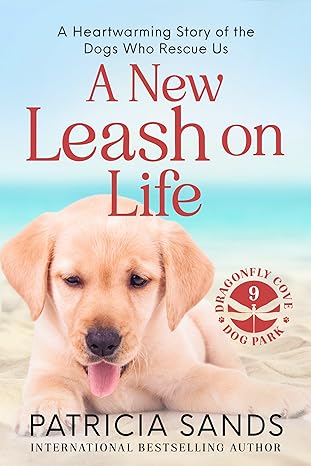

I love discovering new (to me) words, and deeply appreciate authors who use those words. Language is a living thing, in my opinion, and should grow as we do. I now have to share fanfaronade with my kiddos, who have the same language love as I.
Thank you for posting!
I’m afraid another inexcusably late reply, Caroline. (See below reply to Kay)
So delighted your children love unusual words. Actually, children do like trying out long words they don’t understand when they’re little, but as we grow older we seem to think it’s showing off or trying to be ‘posh’ if we use an unusual word. But as a writer I think we owe it to ourselves to be a little adventurous now and again.
Thanks for stopping by.
I understand well the debate; however, I welcome and applaud the use of interesting, unusual word choices in context appropriate environments in prose. I do not think their use a conceit, nor, when performed well, a distraction from the narrative.
Well done, you. And a pity you did not get to have the discussion with your husband.
Sorry this message is so very late, Kay, but somehow it slipped my notice. So pleased you don’t think it’s showing off to get the exact word. If we don’t use our wonderfully wide vocabulary – the richest in the world, I believe – the words will simply become extinct.
Yes, I should have owned up that I was eavesdropping, but it was enlightening, so I think I’ll keep it my little secret. Might learn some more interesting stuff in the future!
We need new words, WW might never use them but they stay in our heads
It was strange, Bec, as I had loads of retweets but so far only your comment!
Personally, I adore words I’ve never come across. I would only use them sparingly, and naturally, but when I read a word I don’t know I look it up. You can usually tell pretty much what it means in the context but it’s extremely satisfying to get the exact definition.
Thanks for getting in touch.